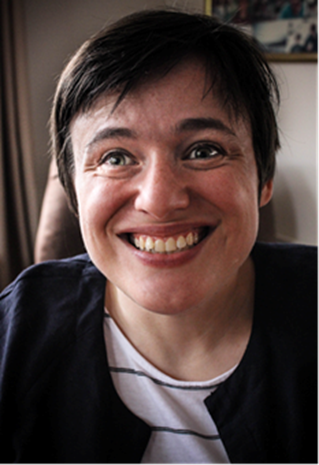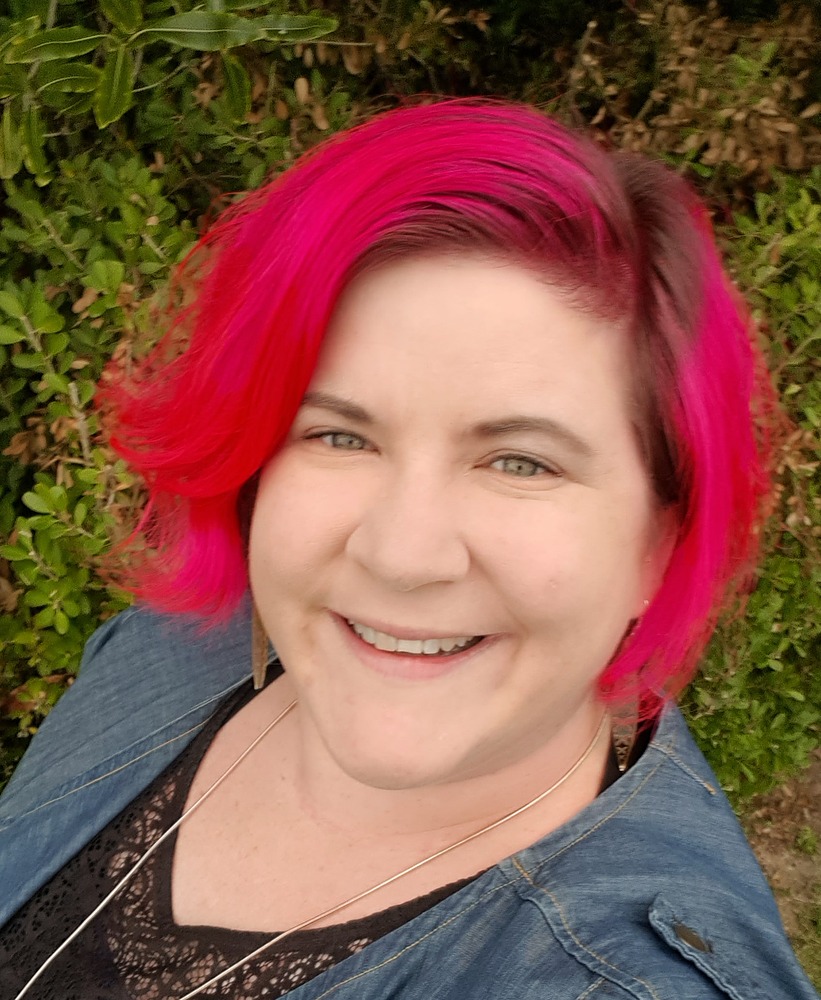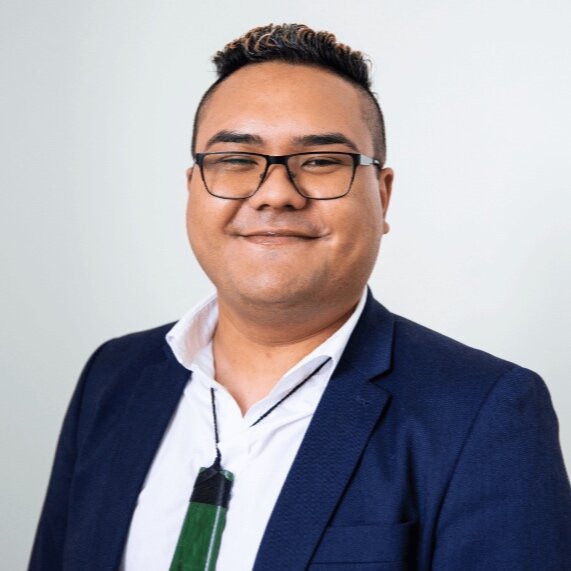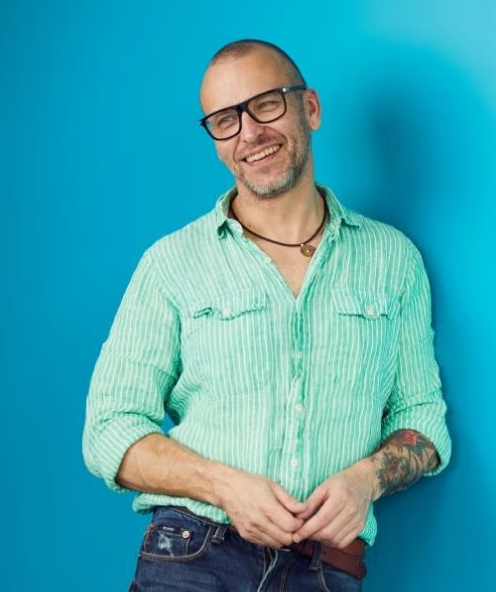International Day of People with Disabilities (Disabled People) – What’s in a Name?
Event description
International Day of People with Disabilities Disabled People – What’s in a Name?
To celebrate International Day of People With Disabilities Disabled People we are getting together with some friends to discuss the language used around disabilities. Even IDPWD can be problematic. Come along and hear some different perspectives on Disabled People vs People with Disabilities, access needs vs special needs, wheelchair user or wheelchair bound. This free webinar will provide insight into the complexities of language and the impact words can have.
Meet our panel
Amy Hogan - CP Society

I am based in Auckland, New Zealand. I have 15 years’ experience implementing and overseeing national disability research projects as a researcher, analyst, writer, and advocate, focusing on health and social justice. I bring my unique combination of personal and professional experience into international forums.
I live with cerebral palsy (CP) and have, over the past decade, incorporated my day-to-day experience into my work at the Cerebral Palsy Society of New Zealand. Here I have developed and implemented research, policy advocacy, system change and advocacy.
I am currently undertaking a Masters in Critical Health Psychology and my thesis, which analyses the language construction of purported treatments and cures, will be complete in 2022. I also have significant experience as a lecturer, panelist, keynote speaker and provider of subject-matter expertise.
Prudence Walker - CEO of DPA

Prudence has given considerable thought to disability language in the past 25 years since acquiring impairments through injury and illness as a teenager. She doesn’t see person first and identity first language as completing concepts, but as having different uses.
In the last 15 years, Prudence has facilitated many conversations with disabled people and about disability, many of these have included the topic of language. Prudence has worked in the wider disability sector for 15 years and in her current role as Chief Executive of the Disabled Persons Assembly she’s a broken record in reminding government agencies to be guided by the New Zealand Disability Strategy when it comes to language around disability.
Kauri Tearaura - Department of Corrections

Kauri is of Māori descent, from: the Waikato iwi, and the Cook Islands of Avarau and Tongareva. They proudly identify as takatāpui and will answer to any pronouns.
Kauri has led, co-led, and contributed to movements across New Zealand that seek to provide meaningful opportunities for young people - and diverse communities within - to thrive in the Worlds of Work, Learning, and Life. They have experience in civics and employment education, career development, and human-centred design.
At 22 years of age, Kauri is the youngest senior diversity and inclusion practitioner in the Public Service. At the Department of Corrections, they are the Senior Adviser Inclusion & Diversity for the Southern Region, encompassing all the South Island.
Rich Rowley - Brain Badge

Rich has fused his educational, academic and innovative skills to focus on releasing the untapped potential of neurodiversity and the vital part it plays in cognitive diversity and in the evolution of business and education
Tickets for good, not greed Humanitix dedicates 100% of profits from booking fees to charity


